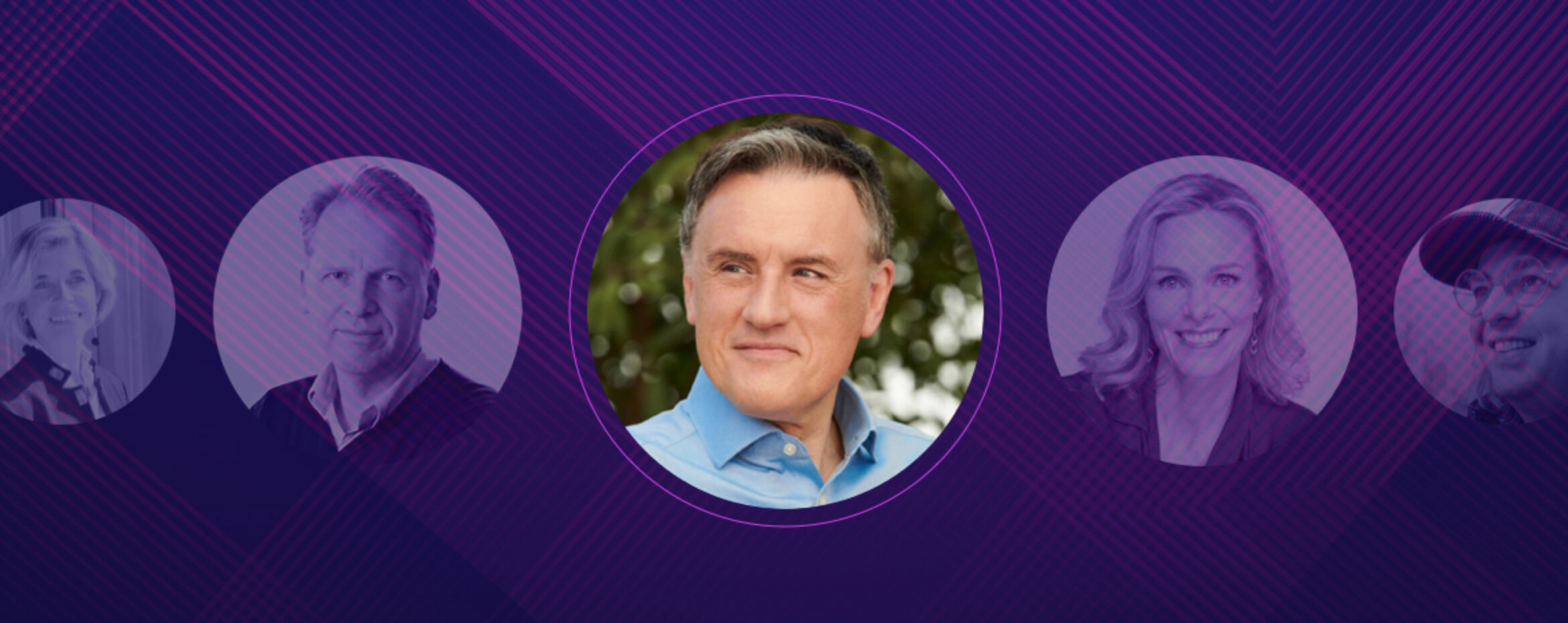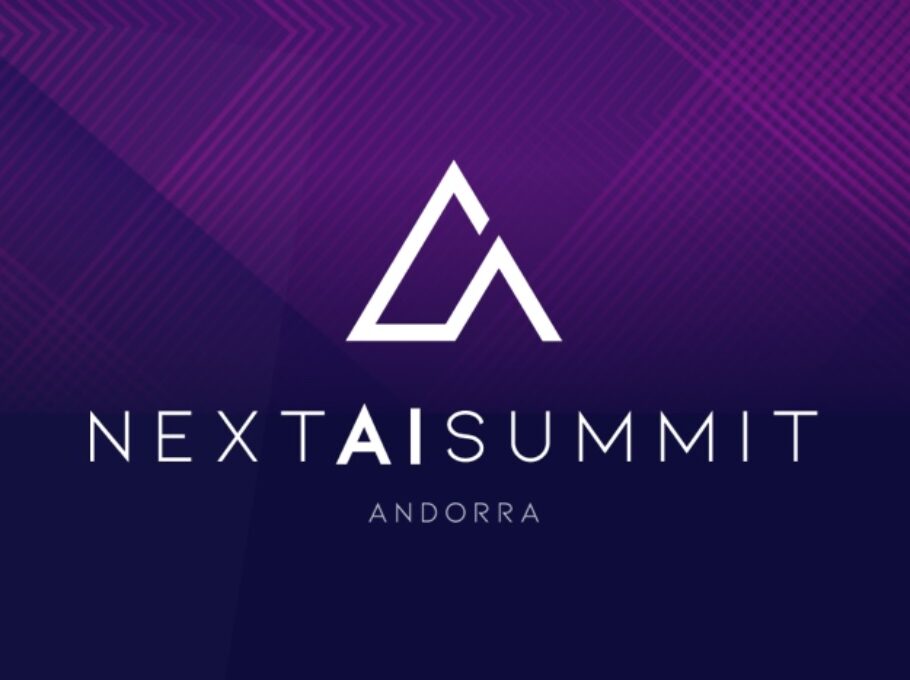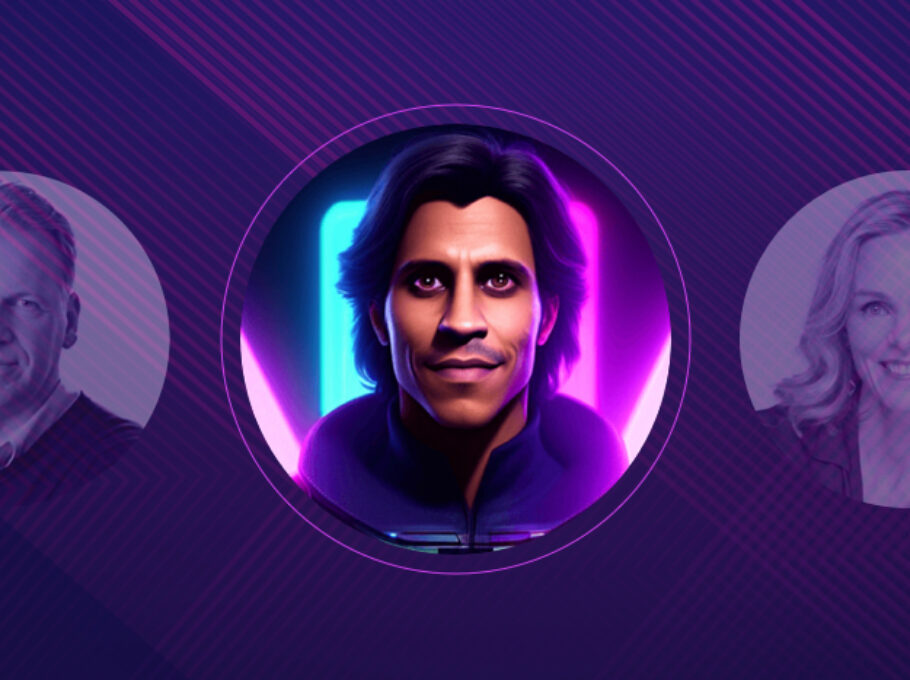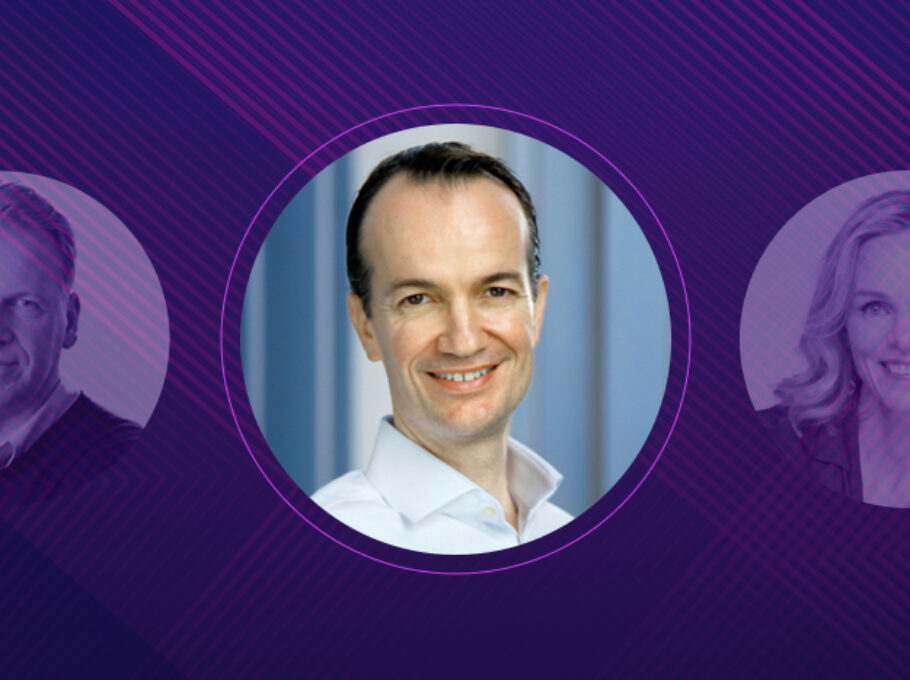What inspired you to become an expert in AI?
Serendipity has played a major role in my career choices and AI was no exception. My original expertise was in IT infrastructure, particularly storage and virtualisation, and from there I became progressively involved in Hadoop and Big Data projects with US West Coast customers, particularly scale-ups. Machine Learning started to be applied in the mid-2010s, and soon afterwards I became involved in Computer Vision and Transformer-based projects. For me it was not so much inspiration as much as being at the right place at the right time, and of course recognising the potential of integrating inferences in applications, which is what we now call Artificial Intelligence.
What will you be speaking about at the conference, and why is it especially important right now?
Our field is moving very fast and Silicon Valley thrives on noise, chaos and confusion. AI remains shrouded in both mythology and speculative projections, and we need to make conversations more grounded in order to facilitate adoption and make real the much-vaunted industrial revolution 4.0. My presentation will help senior decision makers, be it C-suite, investors or entrepreneurs, to understand the “here and now” of AI in 2025, showing how AI is being implemented and with copious, concrete examples of projects around the world where innovation is being brought into production.
Before developing in AI, ensure that you learn how to think critically. This will be the most important skill in the era of AI
What key takeaway do you hope attendees will gain from your session?
Without giving away the plot, I will simply tell you that AI is a misnomer and that differentiation needs to be grounded on data. There is also considerable cultural and organisational work required in order to adopt it.
What trends or developments in AI excite you and concern you the most?
For me it is exciting that the technology is now widely available to all citizens on earth who have internet connectivity and speak a major language, and more languages are being added. This fact alone is helping hundreds of millions of children and their teachers to get access to the same educational tools as those in the richest countries on earth. My biggest concern is that AI disintermediates human collaboration and people spend more time working and living alone, which is something that humankind is not prepared for.
What advice would you give to someone looking to develop in AI?
Before developing in AI, ensure that you learn how to think critically. This will be the most important skill in the era of AI. Then research the field and select some people that you can trust and follow. In my case, I follow Andrew Ng, Andrej Karpathy, Yann LeCun and Gary Marcus, and they have very contrasting viewpoints – particularly LeCun and Marcus. This helps me to acquire a balanced view. If you have a technical background, there are many platforms available to pick up elementary skills; a good place to start is deeplearning.ai. And something I recommend not to do is to scroll through AI newsletters, posts and tweets that are mostly noise from people clamoring for attention. For your own mental health, filter all that out and reduce news intake from people that you can trust.







